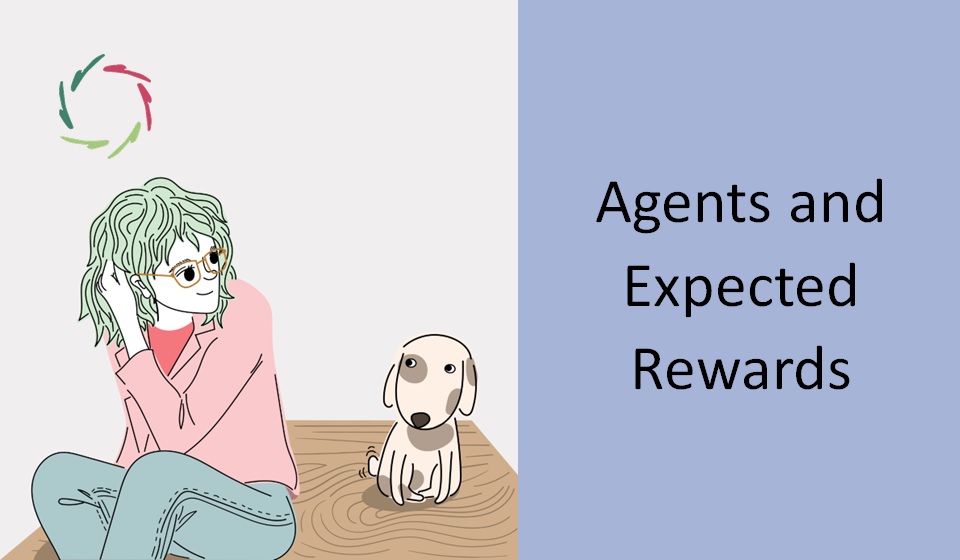The Responsibility of Mind-Science

Call it psychology, including psychotherapy. The responsibility is huge.
Making the world go ’round?
In many fields related to the human mind, the world is going increasingly square. Superficial roundness in such a circumstance is hurtful to many people.
Therefore, outward solutions – basically making people feel comfortable – are not enough. The answers to deeply human issues need to grow from the inside out. There is no other way.
Human depth is too complex for mechanical solutions.
[see: “You Are an Organism, Not a Mechanism.”]
Nevertheless, this happens in many domains that are dependent on mind-science. Therefore, here lies a responsibility, as a science, to go further.
Of course, the problem is not with science, but many scientists ― thus with the human being. Yet, within psychology-as-science, the responsibility of individuals is exceptional because this science can – if taken seriously – show which turns to take. Given foreseeable A.I.-developments, this has the most significant possible impact on the present and future.
What are we talking about?
We are talking about (the absence of) a view upon the human being that takes into account the biggest part of what a human being mentally is.
Without it, there is no decent way to build an increasingly complex and worldwide society, as we are witnessing. Besides this constructive responsibility, mind-science is also direly needed to defend against magic and rampant non-scientific nonsense. One needs to be honest in this.
Let’s take a few straightforward examples besides healthcare, and see how neurocognitive science may impact them.
See also: [see: “Imagine: an AURELIS Future”]
For instance, how to treat ‘criminals’
Where do the ‘criminal’ mental-neuronal patterns come from, and how can one bring them more in congruence with societally acceptable ones?
Talk of guilt and punishment is only needed if this question is not adequately answered. In any case, hate and revenge are not justifiably related to total-person justice. [see: “Lady Justice’s Blindfold”]
For instance, how to manage religion
Religious mental-neuronal patterns are worthy if they go really deep.
They may go so deep that “it doesn’t matter anymore” to conceptually know whether one is still within one’s own inner landscape or somewhere else. Such profound experiences may diminish any untoward stranglehold of religious organizations on people. [see: “What is Open Religion?“]
For instance, how to motivate children
Mental-neuronal patterns are containers of what motivates children to anything. The question is how to see them positively change in congruent ways, without manipulation.
Inviting them to change from the inside out is the way to go into the future. It promises to be very efficient and effective, but this needs much additional insight.
For instance, how to lead
Any future leader will be managing his mental-neuronal patterns and those of ‘his people.’
A brave new world can only grow on this soil. Without it, any well-meant attempt is doomed to fail. We see a growing need for genuinely deep and open leadership, making the soil ready for so much more. [see: “Open Vision on Leadership“]
Is mind-science up to the task?
In my view, there is a dire need for in-depth Compassion. [see: “In-Depth Compassion”]
This should have a much bigger place in present-day science, generally.


